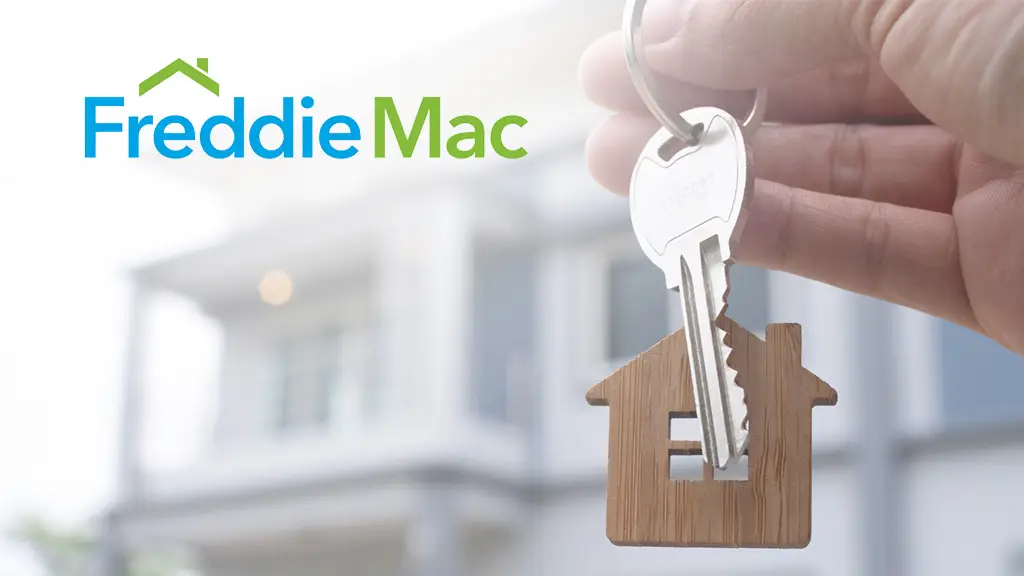Mortgage Servicing Quality Control
Notable Audit Findings: October – December 2017
- Audit Finding: The temporary suspension of: a) assessed late charges, and/or b) reporting of delinquency to the credit repositories, was not applied even though the borrower’s delinquency was attributable to hardships incurred as a result of a declared natural disaster.
Nearly every Agency and Investor requires a moratorium for the initiation of foreclosure on properties located within a Presidentially-Declared Major Disaster Area (PDMDA). Last year the country was hit hard by Hurricanes Harvey, Irma and Maria. Areas affected by these disasters experienced an increase in the number of mortgage delinquencies due to the hardships caused by these devastating disasters. TENA utilizes numerous questions throughout the testing scripts to review a servicer’s handling of properties affected by disasters such as these. During this audit period there was a significant increase in the number of audit findings related to disasters in general. However, the disaster related exception that most significantly increased during this period was attributable to servicers who had assessed late charges and/or reported delinquencies to credit repositories even though the subject property was adversely impacted by a declared natural disaster.
TENA Recommendation: Review, and update as necessary, your firm’s Policies and Procedures for handling situations where a borrower’s property has been affected by a natural disaster. To ensure compliance, consider performing a targeted quality control review on properties impacted by disasters to determine whether the servicing procedures utilized were compliant with the guidelines.
To ensure compliance, review these publications:
- VA Circular 26-16-22 (08-01-16)
- FHLMC Single-Family Seller/Servicer Guide, 8404.4(d)
- FHLMC Single-Family Seller/Servicer Guide, 8404.5(a)
- FHA SFHPH 4000.1 – III.A.3.c
- FNMA Servicing Guide D1-3-01
- RHS 7 C.F.R. § 3555.307(c)
- Audit Finding: The subject loan remained delinquent for more than 180 days after the original Notice of Loss Mitigation Options was provided to the borrower(s); however, the servicer did not provide a subsequent Notice of Loss Mitigation Options within the required timeframe.
When a borrower remains delinquent at the end of the 180 day period following the date the original Notice of Loss Mitigation Options was provided, a subsequent Notice of Loss Mitigation Options must be provided. In the fourth quarter of 2017, TENA auditors noted an increase of instances in the collection/default loan populations where this requirement had not been completed by the loan servicer. The timing of that subsequent notice depends on whether the loan is more or less than 45 days delinquent at that end of that 180 day period:
When a borrower remains 45 or more days delinquent after the 180-day period from which the original Notice of Loss Mitigation Options was provided, a subsequent Notice of Loss Mitigation Options must be provided within 180 days of the original notice.
If a borrower is less than 45 days delinquent at the end of any 180-day period after the servicer first provided the written Notice of Loss Mitigation Options, the servicer must provide a follow-up Notice of Loss Mitigation Options not later than 45 days after the payment due date for which the borrower remains delinquent.
It is important to note that the 2016 Mortgage Servicing Rule issued by the Consumer Financial Protection Bureau (CFPB), effective 10/19/17, provides additional direction and clarification on this matter. Under the early intervention requirements for certain borrowers, the Real Estate Settlement Procedures Act states the following:
(b) Written notice.
(1) Notice Required. Except as otherwise provided in this section, a servicer shall provide to a delinquent borrower a written notice with the information (b)(2) of this section not later than the 45th day of the borrower’s delinquency. A servicer is not required to provide the written notice more than once during any 180-day period. If a borrower is 45 days or more delinquent at the end of any 180-day period after the servicer has provided the written notice, a servicer must provide the written notice again no later than 180 days after the provision of the prior written notice. If a borrower is less than 45 days delinquent at the end of any 180-day period after the servicer has provided the written notice, a servicer must provide the written notice again no later than 45 days after the payment due date for which the borrower remains delinquent.
TENA Recommendation: To help identify potential issues with a firm’s process for sending subsequent Notice of Loss Mitigation Options, consider periodically performing a review of loans that have been in delinquent status greater than 180 days to determine whether the servicing procedures were compliant with these notification requirements.
For additional information regarding this matter, review: RESPA 12 C.F.R. § 1024.39(b)(1);(c)(1)(iii)(C);(d).
- Audit Finding: The servicer failed to attempt to call the borrower on an FHA insured loan at least twice per week until contact was established or until it was determined that the mortgaged property was vacant or abandoned.
In the fourth quarter of 2017, TENA cited a number of related findings on FHA insured loans pertaining to telephone contact efforts. TENA’s metrics indicated a specific increase in incidents where servicers had failed to attempt to contact the borrower at least twice per week until contact was established or until it had been determined that the property was vacant or abandoned. Specific to FHA loans, the agency’s HUD Single Family Housing Policy Handbook 4000.1 states:
v. Telephone Contact Efforts
(A) Standard. The Mortgagee must attempt to contact the Borrower via telephone beginning on the 17-20th Day of delinquency, calling a minimum of two times per week until:
- Contact is established; or
- The Mortgagee has determined through an Occupancy Inspection that the mortgaged Property is vacant or abandoned.
TENA Recommendations: It is important to review, and update if necessary, your firm’s written policies for handling telephone contact with delinquent borrowers. Servicers should also be aware that the Telephone Contact Efforts section of the HUD Single Family Housing Policy Handbook 4000.1 advises: “Mortgagees should also include in the Quality Control (QC) Plans their methodologies for assessing their compliance with these policies.” Conducting a monthly review of loan populations that are experiencing early delinquency is an effective way to identify, in a timely manner, deviations from your firm’s telephone calling protocols.
To ensure compliance, review: FHA SFHPH 4000.1 – III.A.2.h.(v)(A)
- Audit Finding: The initial written communication with the borrower did not disclose that the debt collector was attempting to collect a debt and/or that any information obtained would be used for that purpose.
TENA auditors continue to cite a steady number of findings that deal with the Fair Debt Collection Practices Act (FDCPA); specifically issues that pertain to the initial written communication with the borrower. TENA’s audit reviews revealed numerous incidents where the servicer’s debt collector failed to disclose, in the initial communication with the borrower, that the debt collector was attempting to collect a debt and that any information obtained would be used for that purpose. The Fair Debt Collection Practices Act (FDCPA) states:
A debt collector may not use any false, deceptive, or misleading representation or means in connection with the collection of any debt. Without limiting the general application of the foregoing, the following conduct is a violation of this section:
(11) The failure to disclose in the initial written communication with the consumer and, in addition, if the initial communication with the consumer is oral, in that initial oral communication, that the debt collector is attempting to collect a debt and that any information obtained will be used for that purpose, and the failure to disclose in subsequent communications that the communication is from a debt collector, except that this paragraph shall not apply to a formal pleading made in connection with a legal action.
TENA Recommendation: Review your firm’s policies and procedures as they relate to the initial communication with a delinquent borrower. To test the firm’s processes, consider utilizing a targeted QC audit on a population of loans that are in early delinquency status.
To ensure compliance, review: FDCPA 15 U.S.C § 1692e(11)
- Audit Finding: Late fees on an FHA insured loan were charged earlier than permitted by agency guidelines.
In the fourth quarter of 2017, TENA auditors cited a number of audit exceptions related to late fees that were imposed prior to the time that is allowed by investor and/or agency guidelines. Specific to FHA loans, the Mortgagee may consider a Borrower’s payment to be late if the payment is received more than 15 days after the due date; however, the Mortgagee may not assess a late charge until the 17th day of the month. In many FHA serviced loans, TENA auditors observed a late payment being assessed on the 16th day of the month.
TENA Recommendation: Test a population of loans where payments were made late to ensure the assessment of late charges was performed on the correct date.
To ensure compliance, review: FHA SFHPH 4000.1 – III.A.2.d.(ii)







